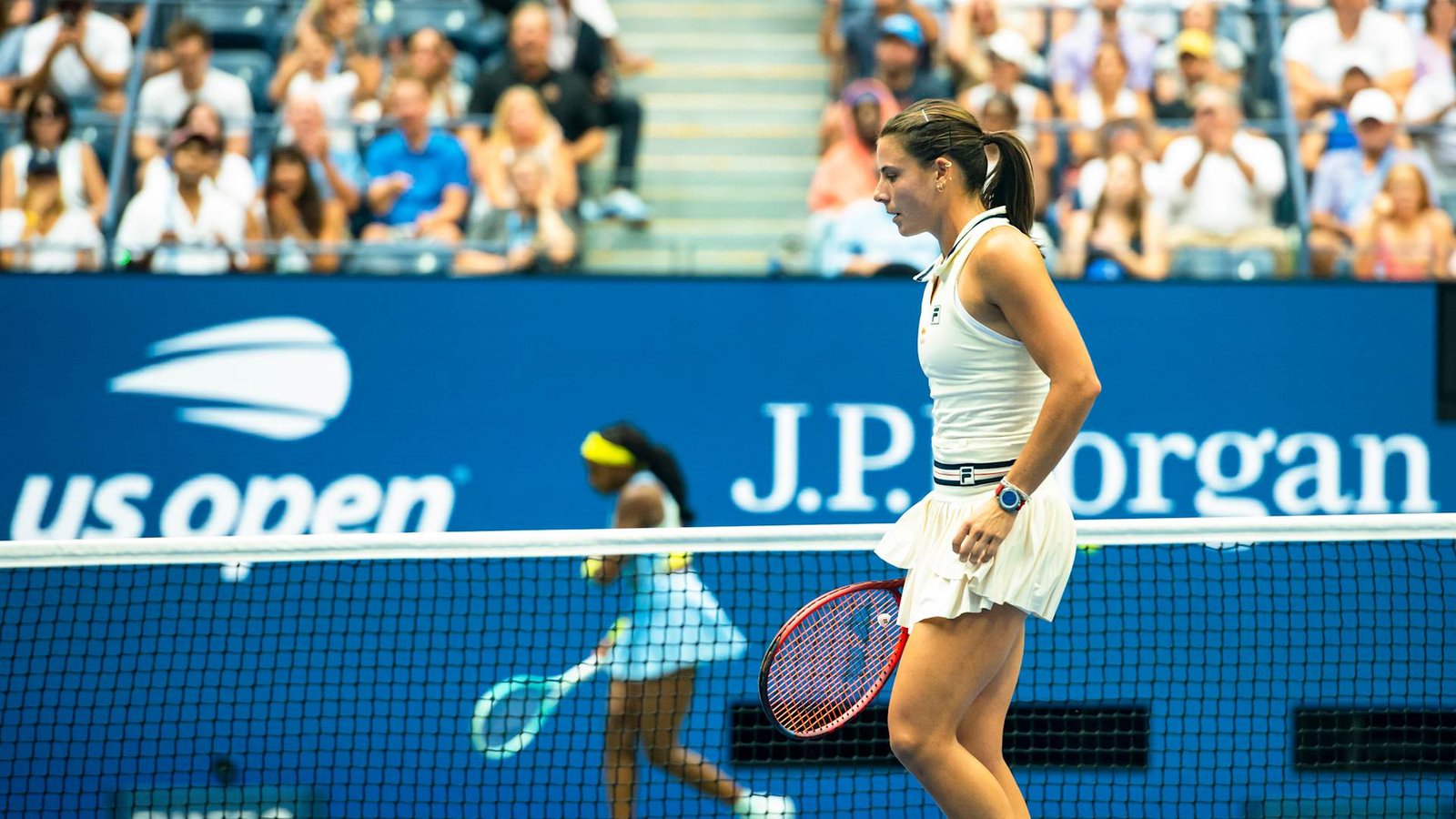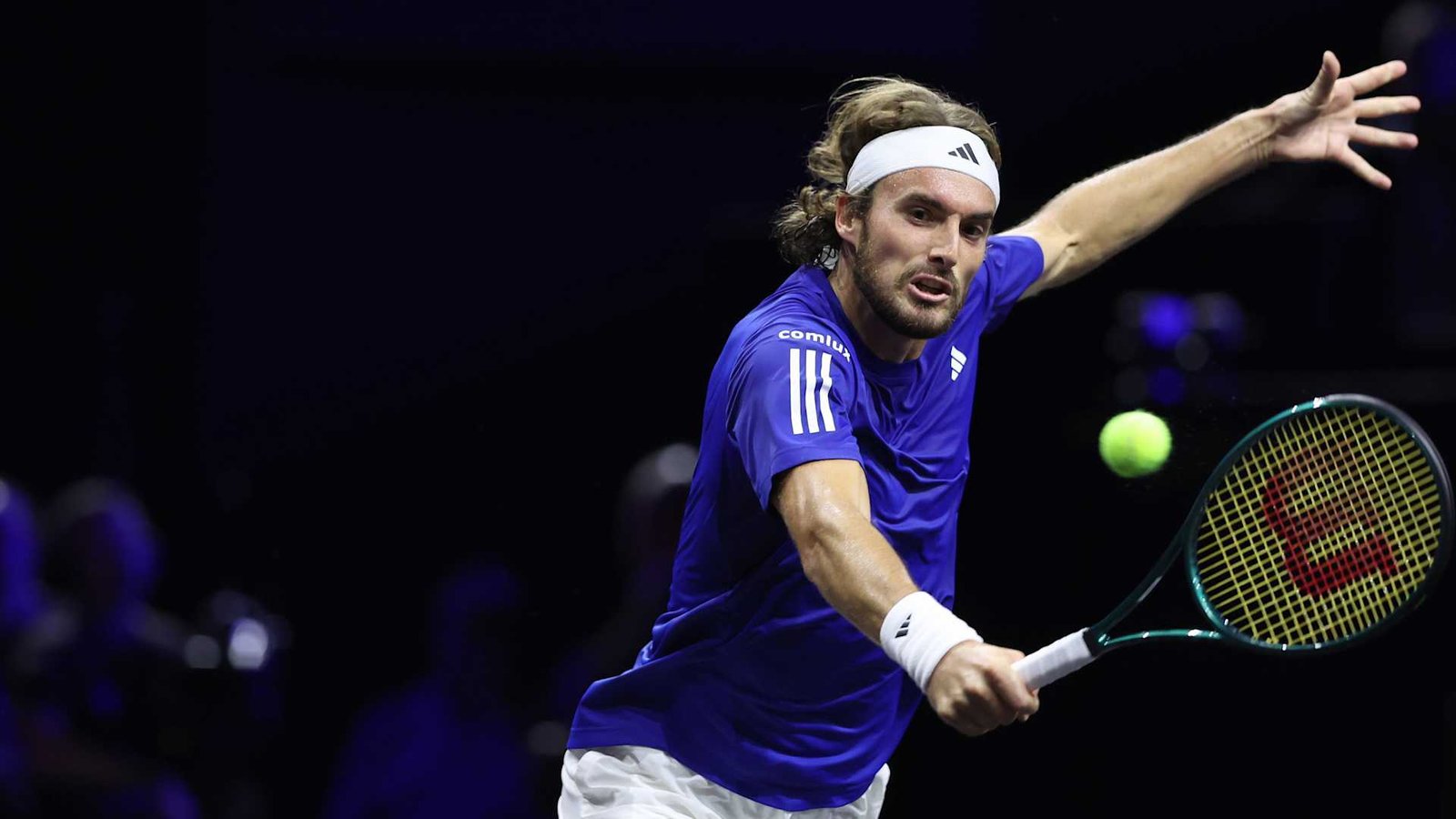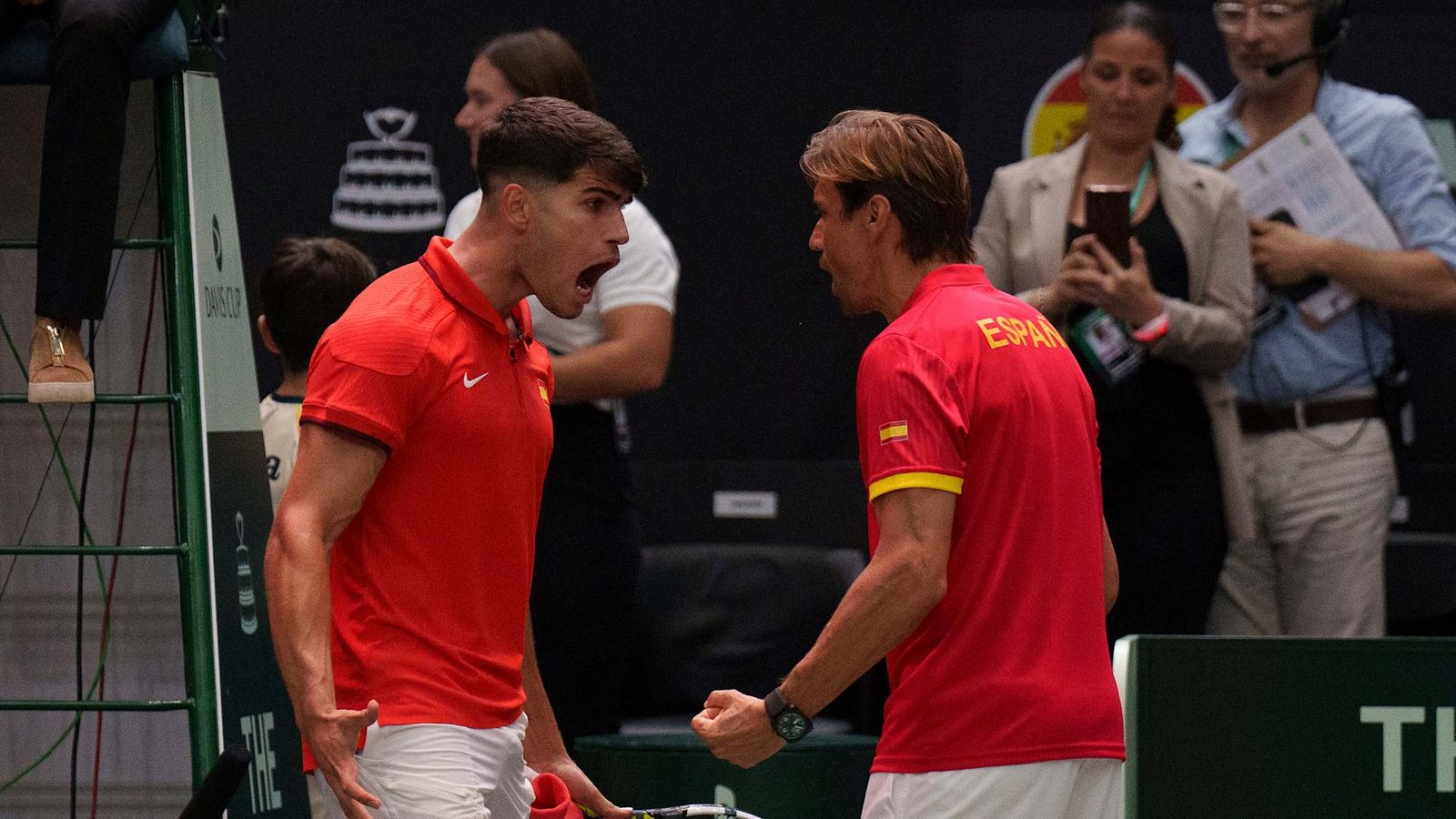Tennis is a demanding sport that requires a combination of skill, agility, and endurance. While practice and technique play crucial roles in a player’s performance, the significance of nutrition and fitness cannot be overstated.
In this article, we delve into how nutrition and fitness impact tennis players’ performance on the court.

Importance of Nutrition:
Nutrition forms the foundation of athletic performance, and tennis players need to fuel their bodies with the right nutrients to perform at their best. A well-balanced diet provides the energy, nutrients, and hydration necessary for endurance, strength, and recovery.
Energy Requirements: Tennis is an intermittent sport that involves short bursts of intense activity followed by periods of rest. Players must have sufficient energy reserves to sustain their performance throughout a match. Carbohydrates are a primary source of energy for tennis players, providing fuel for muscles during intense rallies.
Hydration: Proper hydration is crucial for tennis players to maintain optimal performance and prevent fatigue. Dehydration can lead to a decrease in focus, coordination, and overall performance on the court. Players should consume an adequate amount of water before, during, and after matches to stay hydrated.
Macronutrients and micronutrients: A balanced diet for tennis players should include a combination of macronutrients (carbohydrates, proteins, and fats) and micronutrients (vitamins and minerals). Proteins aid in muscle repair and recovery, carbohydrates provide energy, and healthy fats support overall health and energy production.
Fitness and Conditioning: In addition to nutrition, fitness and conditioning play a crucial role in a tennis player’s performance. Tennis is a physically demanding sport that requires speed, agility, strength, and endurance. A comprehensive fitness regimen can enhance a player’s on-court performance and reduce the risk of injuries.
Cardiovascular Endurance: Tennis matches can be long and physically taxing, especially in intense rallies and extended sets. Cardiovascular endurance is essential for players to maintain their performance throughout a match. Endurance training, such as running, cycling, or interval training, can improve aerobic capacity and stamina on the court.
Strength and Power: Tennis players need both strength and power to generate speed and force in their shots. Strength training exercises, such as weightlifting, resistance training, and plyometrics, can improve muscle strength, power, and explosiveness. Stronger muscles also contribute to better stability and injury prevention.
Agility and Speed: Agility and speed are critical attributes for tennis players, enabling them to move quickly around the court, change direction rapidly, and react to shots effectively. Agility drills, footwork exercises, and speed training can enhance a player’s agility, quickness, and reaction time on the court.
Recovery and Injury Prevention: Proper recovery and injury prevention strategies are essential for tennis players to sustain their performance and longevity in the sport. Recovery techniques, such as rest, hydration, nutrition, and recovery modalities (e.g., massage, stretching, foam rolling), help players recover from intense matches and training sessions.
Rest and Sleep: Adequate rest and quality sleep are crucial for tennis players’ recovery and overall well-being. Rest allows muscles to repair and rebuild, while sleep plays a vital role in hormone regulation, immune function, and mental focus. Players should prioritize restful sleep for optimal performance.
Injury Prevention: Tennis players are prone to various injuries, including sprains, strains, and overuse injuries. Injury prevention strategies, such as proper warm-up and cool-down routines, flexibility training, strength conditioning, and technique correction, can reduce the risk of injuries and improve longevity in the sport.
In conclusion, nutrition and fitness are integral components of tennis performance, impacting energy levels, endurance, strength, agility, recovery, and injury prevention. A well-rounded approach that combines proper nutrition, comprehensive fitness training, adequate rest, and injury prevention strategies is essential for tennis players to excel on the court and achieve their full potential. By prioritizing nutrition and fitness, players can enhance their overall performance, resilience, and longevity in the sport.
Also Read: French Tennis Player Terence Atmane Fined $25K for Hitting Spectator at Roland Garros Showdown





